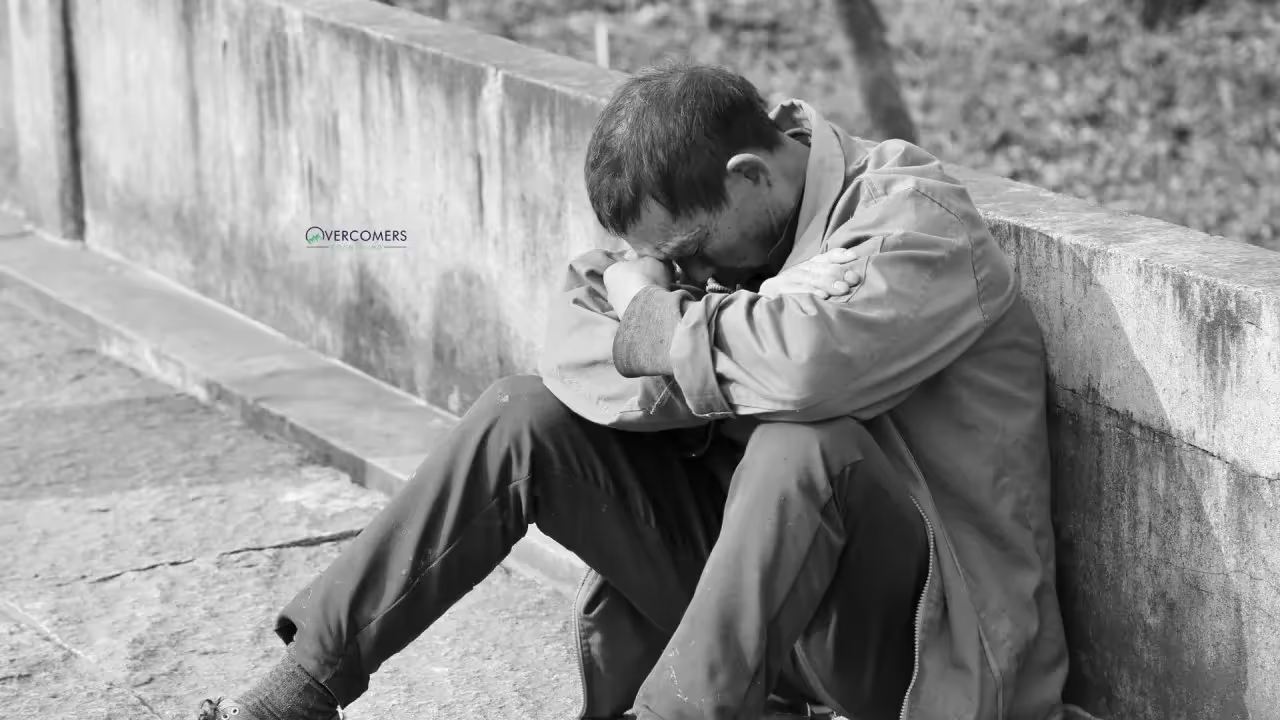Breakups are never easy. Whether you were the one who initiated the split or not, it's a difficult and emotional process to go through. We all have...

Breakups are never easy. Whether you were the one who initiated the split or not, it's a difficult and emotional process to go through. We all have different ways of coping with heartbreak, but sometimes it can feel like nothing will ever make us feel better again. If you're struggling to move on from a breakup, know that you're not alone. In this blog post, we'll explore some practical tips and strategies for overcoming a breakup and healing your heart. From self-care practices to seeking support from loved ones, we've got you covered. Let's get started on the path to healing and finding happiness again.
The first step towards overcoming a breakup is to give yourself time to grieve. It's important to acknowledge your feelings and allow yourself to experience the full spectrum of emotions that come with heartbreak.
Some ways you can do this include.
Remember that healing is a process and it's okay to take things one day at a time. By giving yourself permission to grieve, you're allowing yourself the space and time needed to begin the journey toward healing.

The second step towards overcoming a breakup is to focus on self-care practices. Taking care of yourself both physically and mentally can help you feel better, boost your mood, and give you the strength you need to move forward.
Here are some self-care practices to consider.
By prioritizing self-care practices, you're showing yourself love and compassion during a difficult time. Remember that taking care of yourself is not selfish, but rather an essential part of the healing process.

The third step towards overcoming a breakup is to seek support from loved ones.
Having a strong support system can make all the difference in the healing process.
Here are some ways you can seek support.
Remember that it's okay to lean on others during this time.
Your loved ones care about you and want to help you through this difficult time.
By seeking support, you're not only helping yourself heal but also strengthening your relationships with those around you.
The next step towards overcoming a breakup is to reframe your perspective. It's easy to get caught up in negative thoughts and feelings after a breakup, but changing the way you think about the situation can help you move forward.
Here are some ways to reframe your perspective.
By reframing your perspective, you're taking control of your thoughts and emotions and paving the way for a brighter future.
Remember that healing takes time, so be patient with yourself as you work through this process.
The next step towards overcoming a breakup is to take action toward your goals. This is a great time to focus on yourself and work towards achieving your dreams. Here are some ways to take action.
By taking action toward your goals, you're investing in yourself and building a brighter future. Be patient with yourself as you work towards achieving your dreams.
Seeking professionals can be an important step towards healing after a breakup. Sometimes, it can be difficult to navigate the complex emotions and challenges that come with a breakup on your own. A therapist or counselor can provide support, guidance, and tools for coping with difficult feelings and moving forward healthily. Don't hesitate to reach out for help if you feel like you need it - there's no shame in seeking support from a professional.
Overcoming a breakup can be a challenging process, but it's important to remember that healing is possible.By taking action towards your goals, surrounding yourself with positive influences, and seeking professional help if necessary, you can move forward healthily and build a brighter future for yourself. Remember to be patient with yourself and take things one step at a time - progress takes time, but with perseverance and self-care, you can emerge from this difficult time stronger than ever before.
There are a variety of symptoms that can be associated with grief in the elderly. Some common physical symptoms include fatigue, changes in appetite, and difficulty sleeping. Emotional symptoms can include sadness, anger, anxiety, and guilt. It's also common for those who are grieving to withdraw from social activities and lose interest in hobbies or activities they once enjoyed.
There are many healthy ways to cope with the pain of a breakup. Some strategies include engaging in self-care activities, writing in a journal, reaching out to loved ones for support, and reframing your perspective. Additionally, seeking professional help can be an important step toward healing after a breakup.
Ignoring grief can exacerbate symptoms and make it more challenging to manage over time. This can result in a negative impact on your personal, professional, and social life, leading to feelings of isolation, chronic sadness, and even physical health complications.
We offer a variety of specialized services, including individual therapy, group therapy, and various therapeutic approaches such as cognitive-behavioral therapy (CBT) or psychodynamic therapy.
If you find yourself having difficulty managing daily activities due to lingering feelings associated with grief such as sadness, anger, guilt or numbness; then it might be beneficial for you to seek professional help through our Colorado Springs Grief Counseling services. Our therapists are trained in helping clients identify their needs and goals related to grieving.
There are many ways you can honor your loved one's memory during the holidays. You could decorate in their favorite colors, play their favorite music, make their favorite food, or even just talk about them often throughout the holiday season. You could also create a new tradition in their memory, such as planting a tree or making a donation in their name.